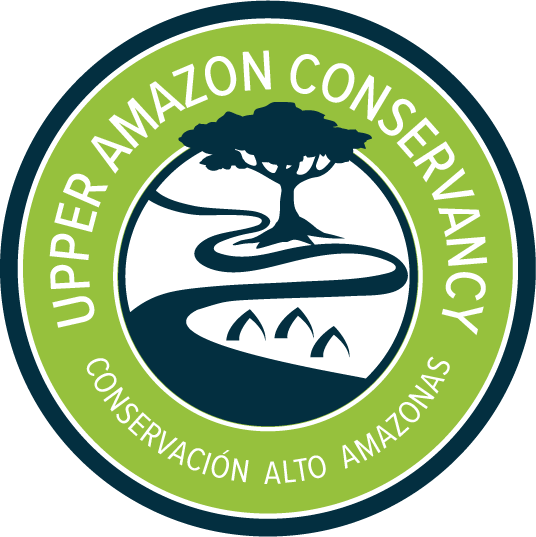The Interoceanic: A case study of Amazonian highways
The Interoceanic Highway changed Puerto Maldonado in southeastern Peru from a sleepy jungle town to a crowded, sprawling hub for illegal gold mining and logging.
A new road threatens the forests and tribes of the remote Yurua region. Being constructed by loggers and the coca mafia without any formal approval and compliance with environmental laws and indigenous rights, the road could bring devastating impacts to the Yurua’s intact forests and indigenous tribes. One can look to the Interoceanic Highway in Peru’s Madre de Dios region as a case study for the impacts of unplanned, illegal roads in the Peruvian Amazon.
The Interoceanic highway in Peru’s Madre de Dios department was promoted as a necessary investment to bring economic development to local communities located in Puerto Maldonado and north to the border town of Iñapari. The ability to export Peruvian products to Acre, Brazil and to the world via ports on the Atlantic Coast was highlighted as a major benefit to the road, along with cheaper goods and services delivered from Brazil to Peru. The promoters of the project claimed that between 30 and 40 trucks would use the Interoceanic highway daily, transporting products and providing a significant boost to the local economy. (The Interoceanic has since become one of Latin America’s largest corruption scandals, involving numerous Peruvian authorities including several presidents.)
A decade later, none of these benefits have come to pass. Brazilian exports are not improving the standard of living among Peruvians; in fact, the majority of the trucks using the road carry wood cut, mostly illegally, from the forests on either side of the road. Dozens of minivans travel back and forth from Madre de Dios, transporting loggers and more so farmers who cut, clear, and burn the forest to grow crops. This invasion has also created a robust land trafficking economy where alleged farmers' associations, generally made up of people recruited in the Andes under the promise of prosperity in the jungle, often illegally take over land to clear farms. This includes groups like Israelite Mission of the New Universal Pact who aim to "colonize the jungle" by deforesting it. A group from the Israelite Mission recently arrived in the Iberia area near Iñapari, settling in poorly managed forest concessions that buffer the Madre de Dios Territorial Reserve for isolated tribes. This is just one example of the cycle of deforestation that comes along with poorly planned and managed roads in Amazonia.
Illegal mining near the Interoceanic Highway in Madre de Dios.
A secondary road near the border of the Alto Purús National Park and Iñapari, Peru.
New highways often create secondary road networks used by illegal loggers and farmers.
A sawmill between Iñapari and the border of the Alto Purús National Park.





